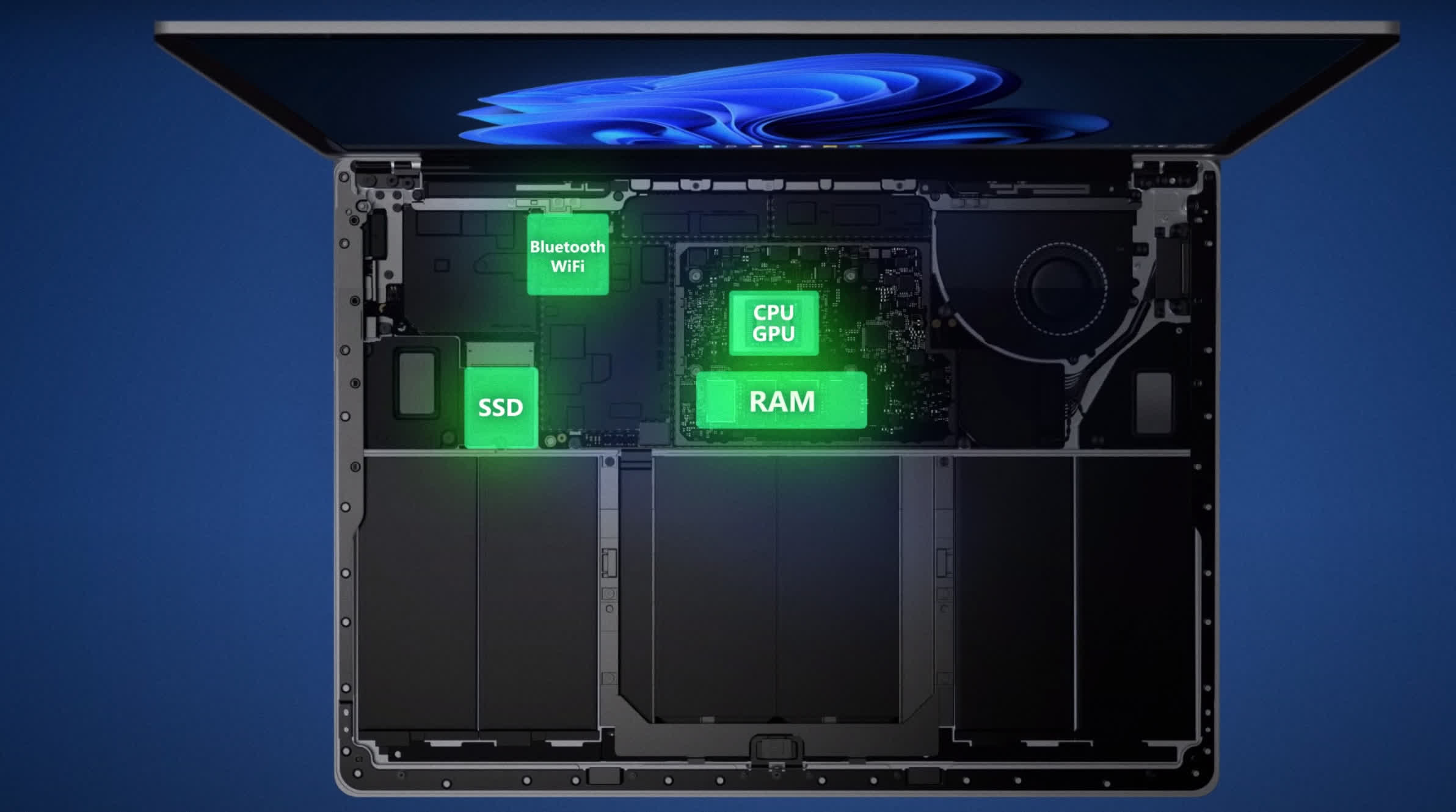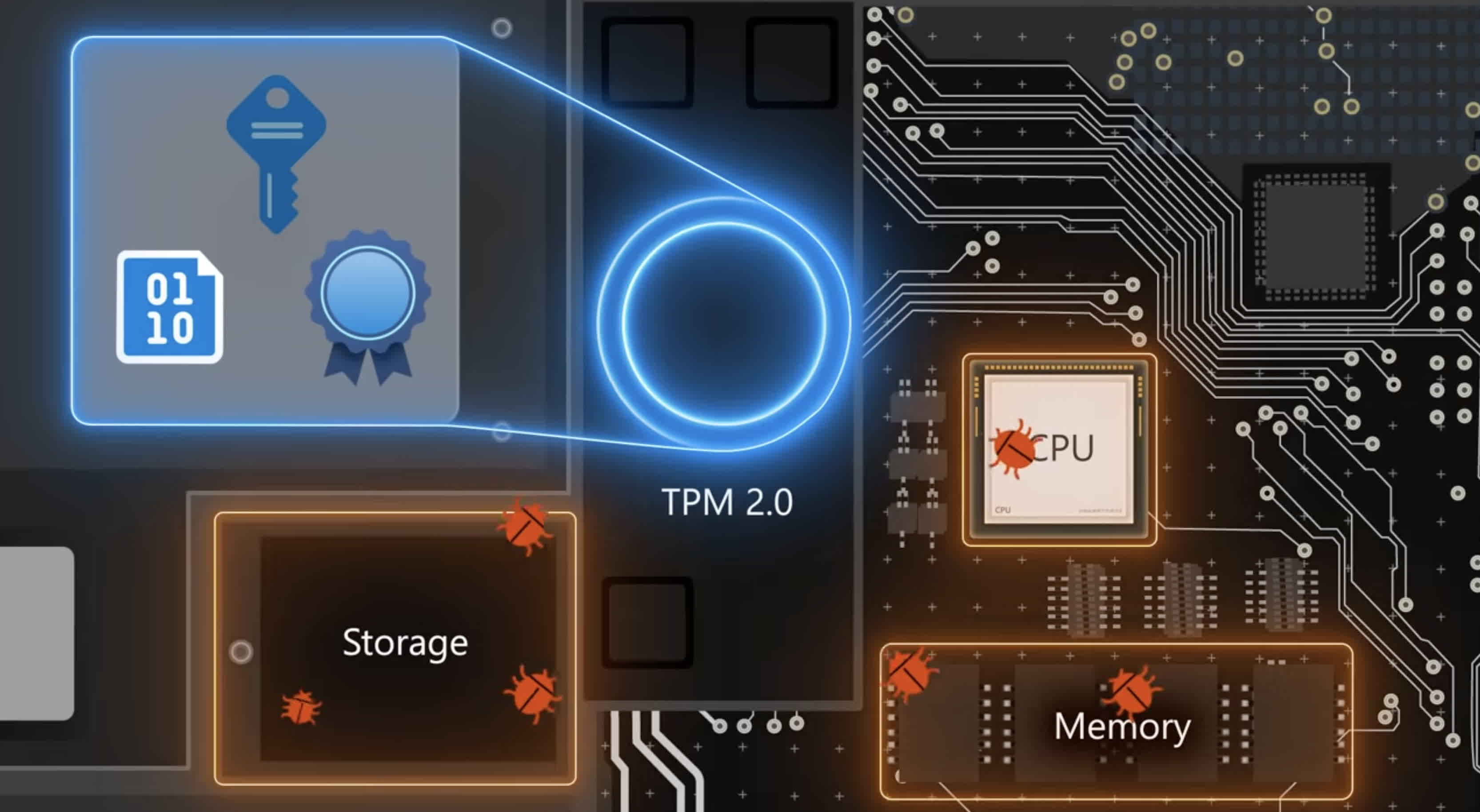In context: Microsoft has been testing a desktop watermark that warns Windows 11 users whenever they’re running the new operating system on a system that isn’t quite up to its official requirements. It looks set to make it into a final build, despite Microsoft tolerating and even offering a workaround for bypassing the CPU and TPM requirements it set for Windows 11.
Last month, Windows Insiders in the Dev Channel were treated to a preview build of Windows 11 with a new “feature” that shows a watermark on any rig not meeting Microsoft’s official system requirements. To be clear, that even includes virtual machines.
Confirmed: 22000.588 introduces the “System requirements not met” watermark.#WindowsInsider pic.twitter.com/RrizjV2g8i
— Xeno (@XenoPanther) March 15, 2022
At the time, this looked like just another A/B test for something that may or may not make it into a final, stable version. However, the most recent builds pushed to the Beta and Release Preview channels suggest that the Redmond company is moving ahead with its plans to make it more obvious to Windows 11 users that they shouldn’t install it on an unsupported system.

When it launched Windows 11, Microsoft went back and forth with its official hardware requirements, and even had some trouble coordinating its messaging on the matter with OEM partners. In short, if your PC doesn’t have at least an Intel 8th Gen Coffee Lake or Zen+ and Zen 2 CPU, you’re not invited into the Windows 11 club.
There’s a reason behind this madness, and it can only be described as splitting the user base for the sake of advancing the default security protections of Windows machines. This effort hinges on TPM 2.0, which can be implemented either as a dedicated hardware solution or as firmware-based TPM for a particular CPU. Either way, security features like Virtualization-based Security and Hypervisor-Enforced Code Integrity depend on having an active TPM in your system.

Microsoft says it decided on this approach due to the massive increase in cyber security incidents caused by ransomware and sophisticated malware campaigns. Furthermore, developers of online multiplayer games are now starting to take advantage of TPM for their anti-cheat systems.
We should note that it’s been relatively easy to bypass Windows 11’s system requirements and turn off VBS for people who would prefer to trade the added security for a slight performance boost in certain games. You’ll also get updates on an unsupported system, although that can change at any point in the future. For the time being, it looks like a small watermark in the lower right corner will soon greet people who have installed Windows 11 on weaker systems. The watermark suggests going to the Settings app to learn more.
This small nag won’t be as prominent as the well-known warning that appears when you haven’t activated your copy of Windows, and so far, it doesn’t look like it will limit your ability to use Windows 11. If it is indeed just a cosmetic change, you’ll probably be able to fix it with some hidden Windows 11 tweaks.

